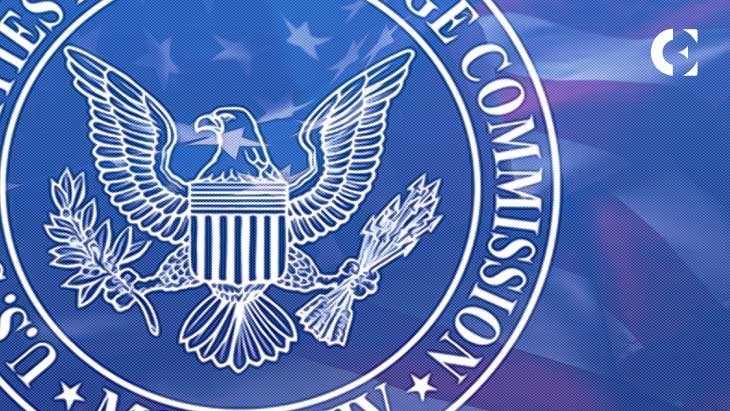- According to Bill Morgan, the SEC’s lawyers have a duty of candor to the court.
- Ripple’s CLO spotted a troubling pattern in the SEC’s proceedings against crypto firms.
- Morgan believes intentionally misleading the court on an ex parte motion is the ethical opposite of discharging the duty of candor.
According to Bill Morgan, a renowned lawyer in the crypto environment, an ex parte motion on an urgent basis seeking restraining (or any) orders imposes on the applicant’s lawyers a duty of candor to the court. Morgan made the statement about criticisms labeled against the SEC by other top lawyers in the crypto space, including Stuart Alderoty, Ripple’s CLO.
In a recent post on X (formerly Twitter), Morgan noted that the duty imposed on the applicant’s lawyer goes as far as notifying the court of any argument or fact known to the applicant’s lawyers that the defendant could argue or present if it was aware of, and had an opportunity to oppose, the motion, even (and especially) if the fact or argument does not assist the applicant’s motion.
On December 1, Alderoty posted that a troubling pattern has emerged in the SEC’s proceedings against cryptocurrency establishments. He listed a few cases where the SEC was found wanting by the court over its presentations, including the event where the court found the SEC demonstrated “hypocrisy” by making inconsistent arguments to the court and not acting out of a “faithful allegiance to the law” in the regulator’s case against Ripple.
Alderoty also noted that in June 2023, the SEC defaulted on its duty to respond in good faith to Coinbase’s petition for crypto rulemaking, and two months after that, the court found the SEC’s “inconsistent treatment of similar products is arbitrary and capricious,” in its case against Grayscale.
Following Alderoty’s comments, Morgan noted that intentionally misleading the court on an ex parte motion is the ethical opposite of discharging the duty of candor. He considers it a particularly egregious professional misconduct and thinks anyone who engaged in such conduct with intent should be struck off the roll of lawyers (disbarred).
Disclaimer: The information presented in this article is for informational and educational purposes only. The article does not constitute financial advice or advice of any kind. Coin Edition is not responsible for any losses incurred as a result of the utilization of content, products, or services mentioned. Readers are advised to exercise caution before taking any action related to the company.







